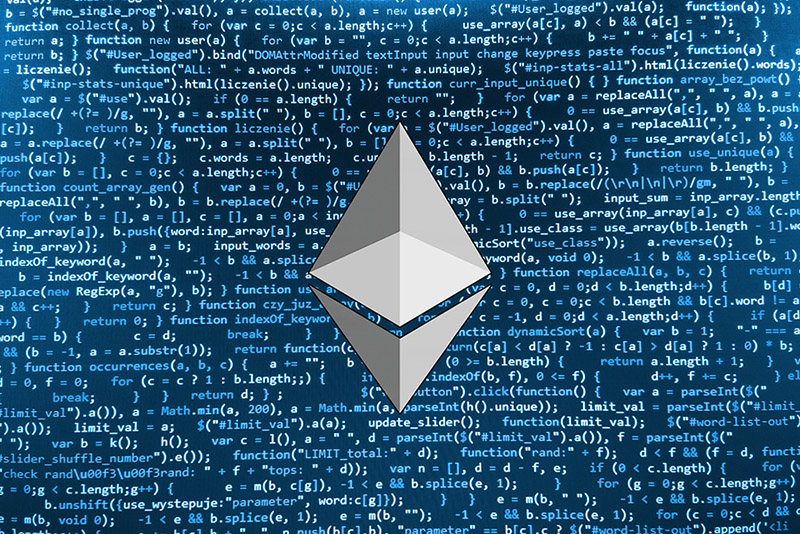AIM HIGH
The up and coming name in cryptocurrency is making bold claims – and may have an offer that backs them up.
![]()
The name in question is Ethereum. The claim comes from Vitalik Buterin, the currency’s founder. He says that in a few years the Ethereum blockchain will be able to work on the same scale as Visa. The question is simple. Is he right?
EVERYWHERE YOU WANT TO BE
First, a clarification. Mr. Buterin has made clear that he doesn’t expect his service to “replace Visa.” In some ways, what he actually said is bigger news.
He says that blockchain can operate on the same level as Visa, or any other big name in credit.
That’s a bold claim. Processing speed is an ongoing problem with blockchain tech, bad enough that Bitcoin split up over how to fix it. TL;DR is that cryptocurrency’s big offer, decentralized money, comes with a limitation: no dedicated infrastructure. The work is distributed, running on computers owned by members of the chain.
If too many people are spending too many cycles on spreadsheets or Overwatch, transactions don’t get done until they are. That’s not an issue for conventional credit with dedicated processing or, depending on the line at checkout, with cash.
One of the reasons Ethereum’s market share has exploded in recent years is it works fast. At the moment it averages 5 transactions a second.
Bitcoin does a bit less than 3, for comparison.
Mr. Buterin drew a more interesting comparison: Uber does 12 rides a second.
ON BUY-IN
That’s his point. Blockchain comes with the disadvantage that there’s only as much processing speed as the members provide. But dedicated processing has disadvantages too.
First, dedicated means dedicated: specific programs running specific scripts at specific times. Blockchain is just a network of computers. If computers can do it, blockchain can do it bigger and faster.
Second, when you’ve hit the processing limit of a big room full of big iron, all you can do is buy another big room. That costs. Blockchain, in theory, is infinitely scalable. All you need is buy-in. The only limit on processing power is how many people will get with your chain.
BLOCKCHAIN ALL THE THINGS
Ethereum is all about buy-in. Mr. Buterin identified the main appeal of his blockchain in the TechCrunch article above: “Where Ethereum comes from is basically you take the idea of crypto economics and the kinds of economic incentives that keeps things like bitcoin going to create decentralized networks with memory for a whole bunch of applications.”
Incentives equal buy-in, and with enough buy-in, you really could play Overwatch on blockchain. Better yet, you could play Overwatch, pay all you want to trick out your D.Va, and never have to put info on a server that wily scumbags could use to take all your money.
That’s one up on Visa.
#EthereumVisa
Matt Salter is a writer and former fundraising and communications officer for nonprofit organizations, including Volunteers of America and PICO National Network. He’s excited to put his knowledge of fundraising, marketing, and all things digital to work for your reading enjoyment. When not writing about himself in the third person, Matt enjoys horror movies and tabletop gaming, and can usually be found somewhere in the DFW Metroplex with WiFi and a good all-day breakfast.













































Pingback: Ethereum founder says that their volume will match Visa’s soon – Junto Coin